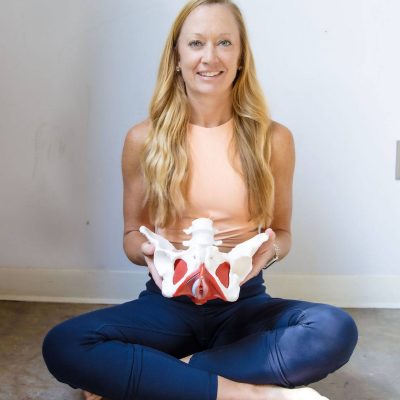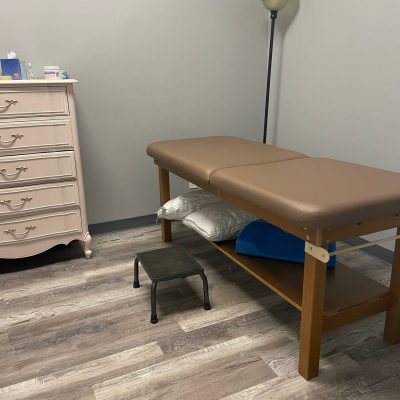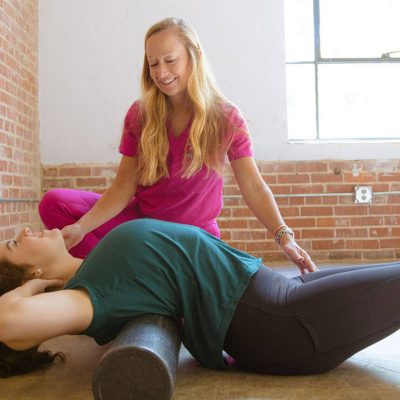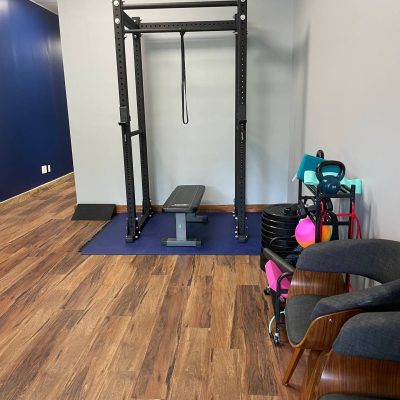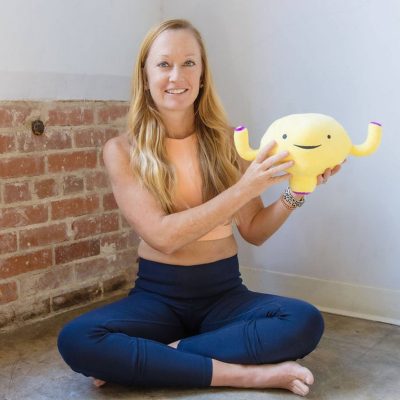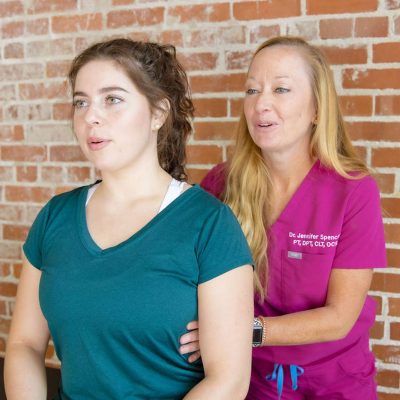At Magic City Physical Therapy, we often meet families searching for answers to symptoms that have gone unrecognized or misunderstood for years. Chronic constipation and encopresis (fecal leakage) are conditions that can quietly disrupt a child’s life, both physically and emotionally. Fortunately, with the right support and care, meaningful progress is not only possible—it’s likely.
This is the story of a 10-year-old boy who came to us after his family began noticing episodes of fecal leakage. While this symptom was new, what soon became clear was that it was just the tip of the iceberg.
Initial Presentation: A New Symptom Reveals an Old Problem
When this young patient first arrived for evaluation, his primary concern was fecal leakage. His family was understandably concerned and a bit confused—it seemed to come out of nowhere. However, during his initial assessment, we explored his full history and found a longstanding pattern of abdominal discomfort, occasional stomachaches, and inconsistent bowel habits. These were symptoms the family had come to see as “just how his body worked.”
They were surprised to learn that what they believed to be random stomach pain and a “sensitive gut” was likely the result of chronic constipation. In fact, the fecal leakage they had only recently observed was likely a secondary result of long-term stool retention—a condition known as encopresis.
Treatment Plan: A Comprehensive and Gentle Approach
We began pelvic floor therapy with a weekly schedule, gradually tapering to biweekly sessions over the course of four months. This allowed us to provide consistent support while empowering the family with tools to continue progress at home.
Treatment included:
- Manual therapy to the abdomen to improve motility and decrease abdominal tension.
- Neuromuscular electrical stimulation (NMES) to the abdominal wall and core musculature to improve coordination and proprioceptive feedback.
- Spinal and hip mobility exercises, which addressed compensatory postures and helped reduce overall tension that was likely affecting his bowel habits.
- Interoception and awareness training, helping the patient recognize internal body signals and tension in the pelvic floor- a key piece often lacking in children with encopresis.
- A customized home exercise program, including stretches, strengthening, toileting posture education, and behavioral supports.
In addition to the hands-on techniques, parent education was a cornerstone of care. We spent time helping the family understand the nature of chronic constipation, how the body adapts over time, and how fecal leakage is not a behavioral issue—but a physiological one.
Progress: Restoring Confidence and Control
By the end of the 4-month course of care, this young patient had made remarkable progress. Most importantly:
- Encopresis resolved completely. No more accidents, no more surprises.
- Abdominal pain significantly decreased—an unexpected but welcome improvement for both the patient and family.
- He developed a much clearer awareness of his body’s signals, leading to more consistent and complete bowel movements.
- His confidence improved dramatically. He no longer feared attending school, sleepovers, or playing with friends.
Perhaps the most touching moment came during one of his final biweekly visits, when he shared that he wanted to return to playing soccer—something he had avoided for years due to abdominal discomfort and fear of an accident.
Looking Ahead: Moving from Symptom Relief to Full Participation
Today, this patient continues with pelvic floor therapy on a maintenance schedule, focusing on whole-body coordination and movement efficiency. Our current goals include building strength and endurance so that he can enjoy soccer without hesitation. We’re also working on refining pelvic floor engagement during dynamic activities, bridging the gap between basic bodily control and the demands of sport and play.
The family has become strong advocates for pelvic health and often remark how eye-opening the experience has been. What began as a search for answers to an “embarrassing” problem became a journey of understanding, empowerment, and healing.
Final Thoughts
Encopresis and chronic constipation are more than just physical symptoms—they affect a child’s confidence, social life, and sense of control. The earlier these issues are addressed, the better the outcomes can be. At Magic City Physical Therapy, we take pride in providing compassionate, comprehensive care tailored to the unique needs of every child and family.
If your child is struggling with bowel or bladder issues, or if you suspect that abdominal pain or toileting difficulties may be more than “just growing pains,” reach out. Help is available—and healing is possible.

